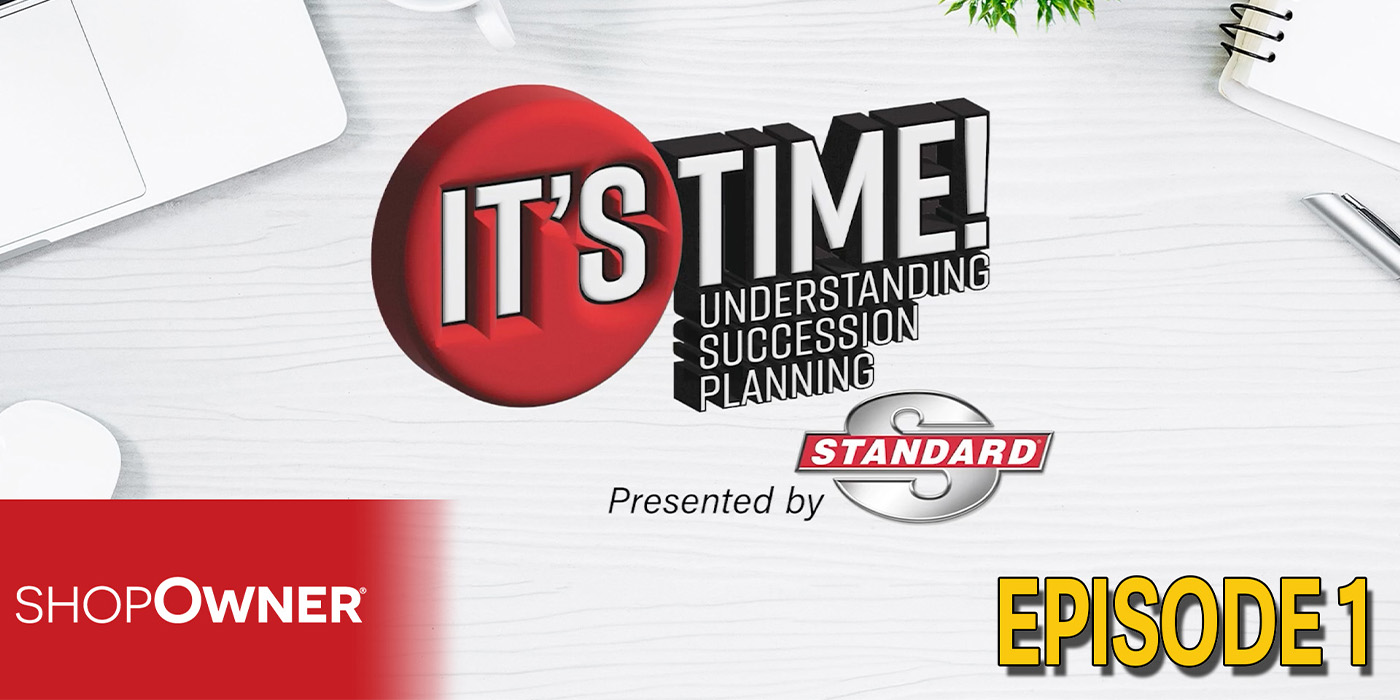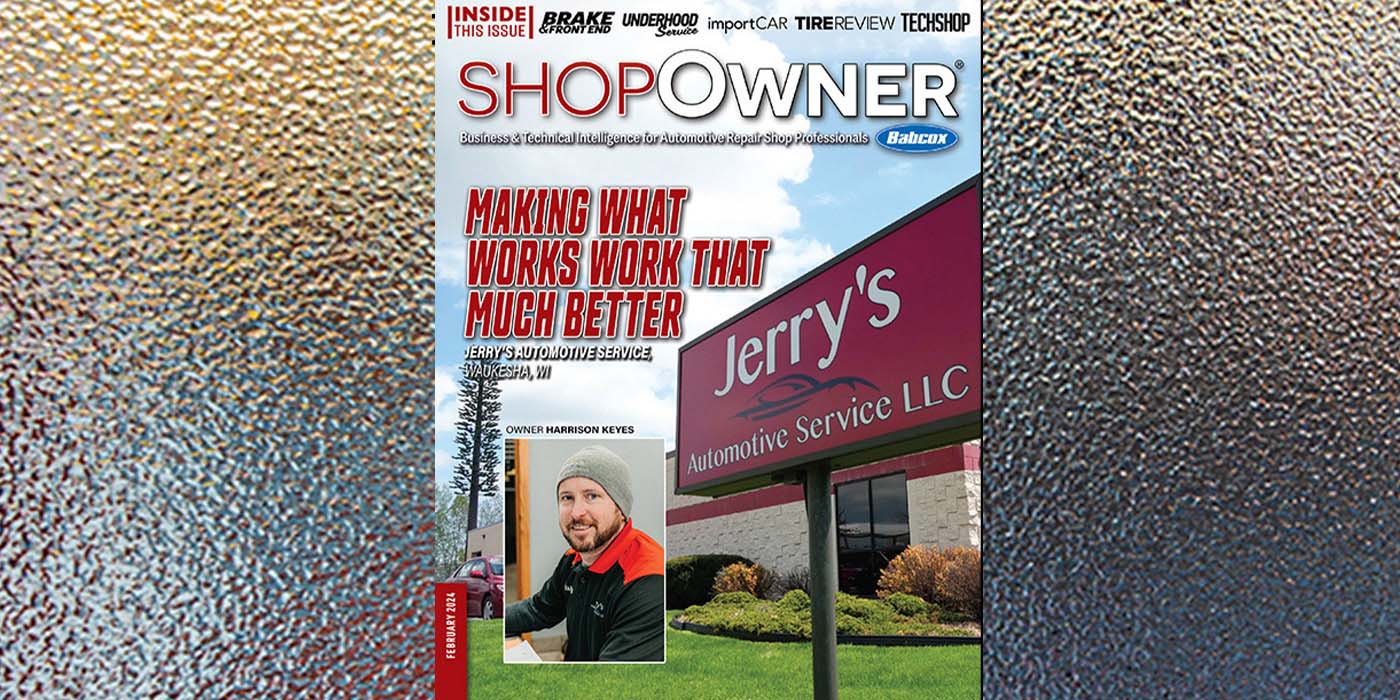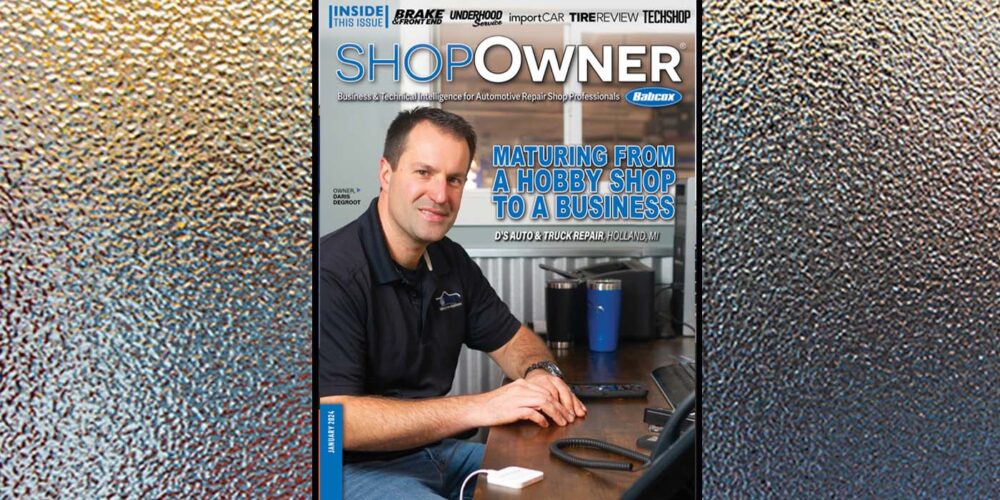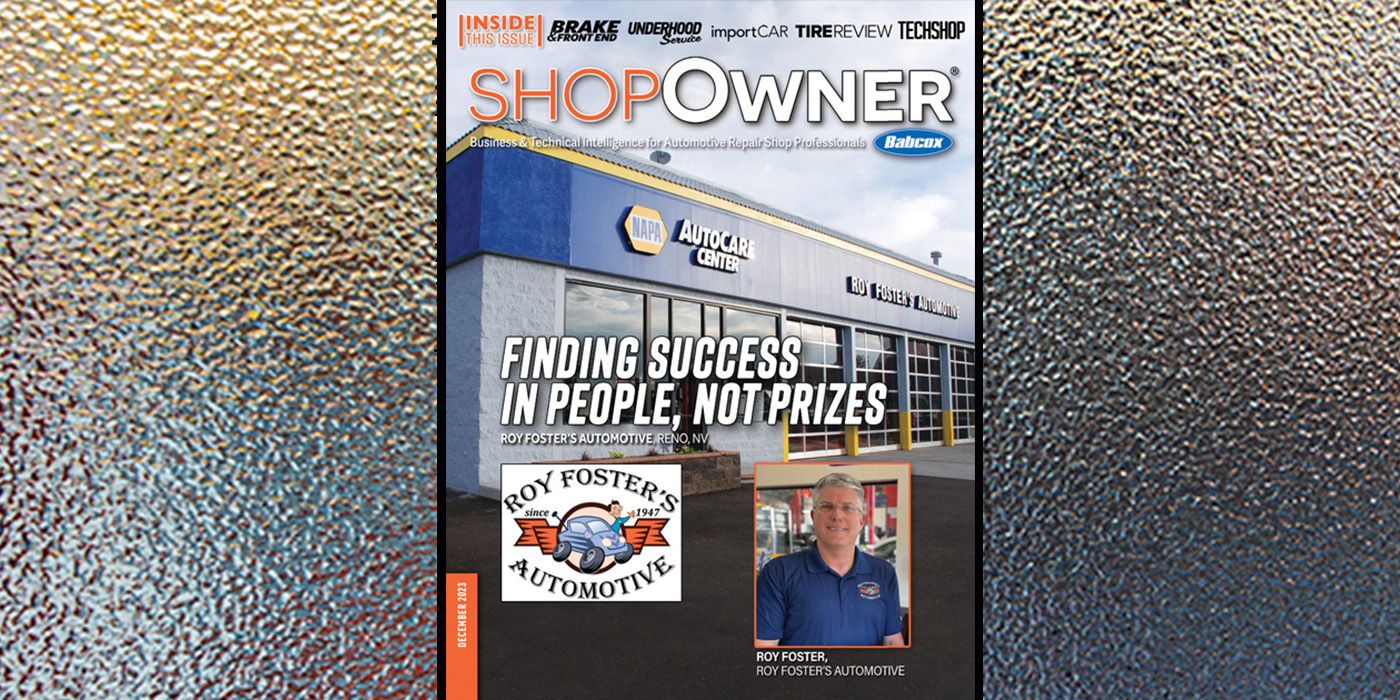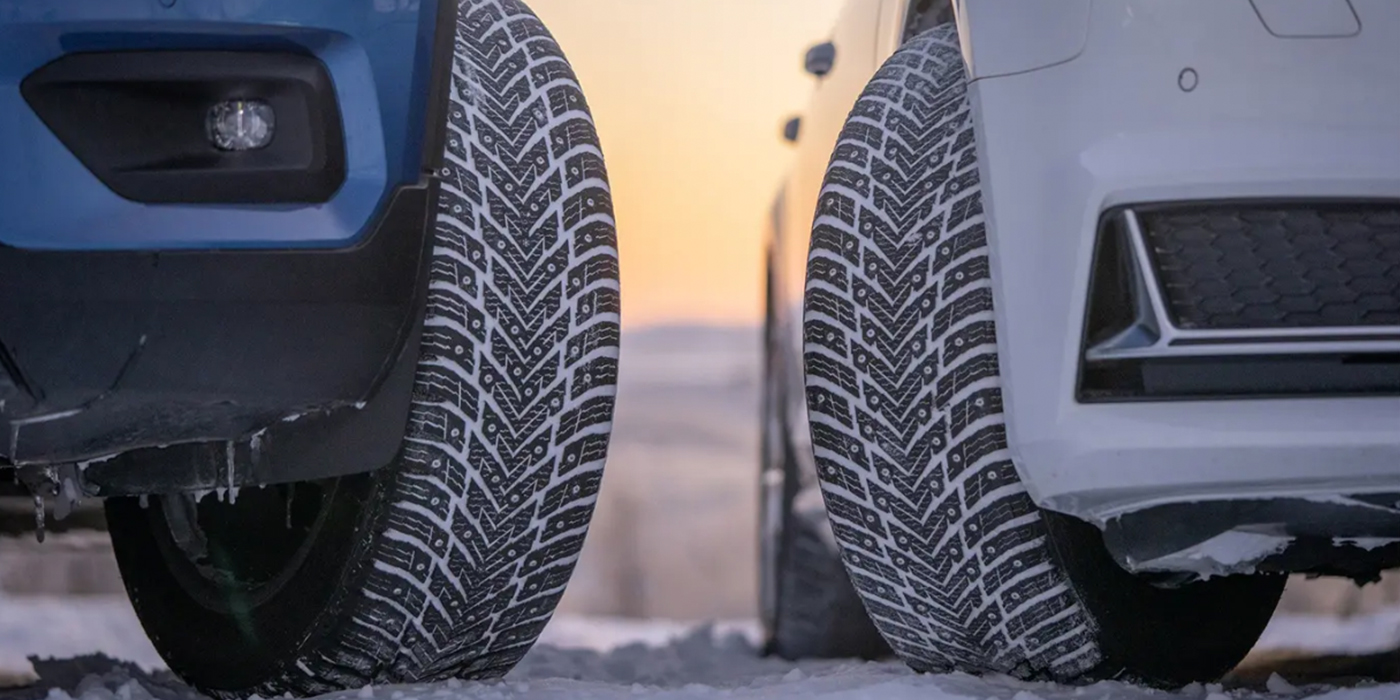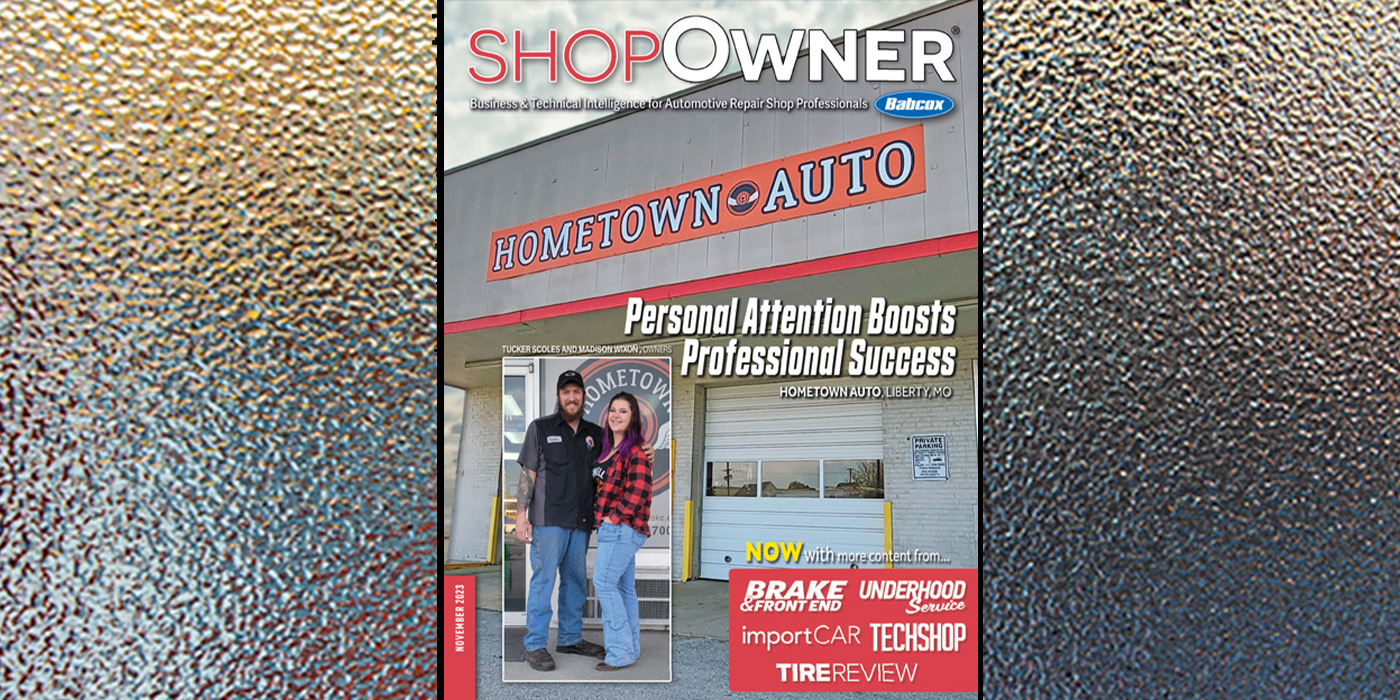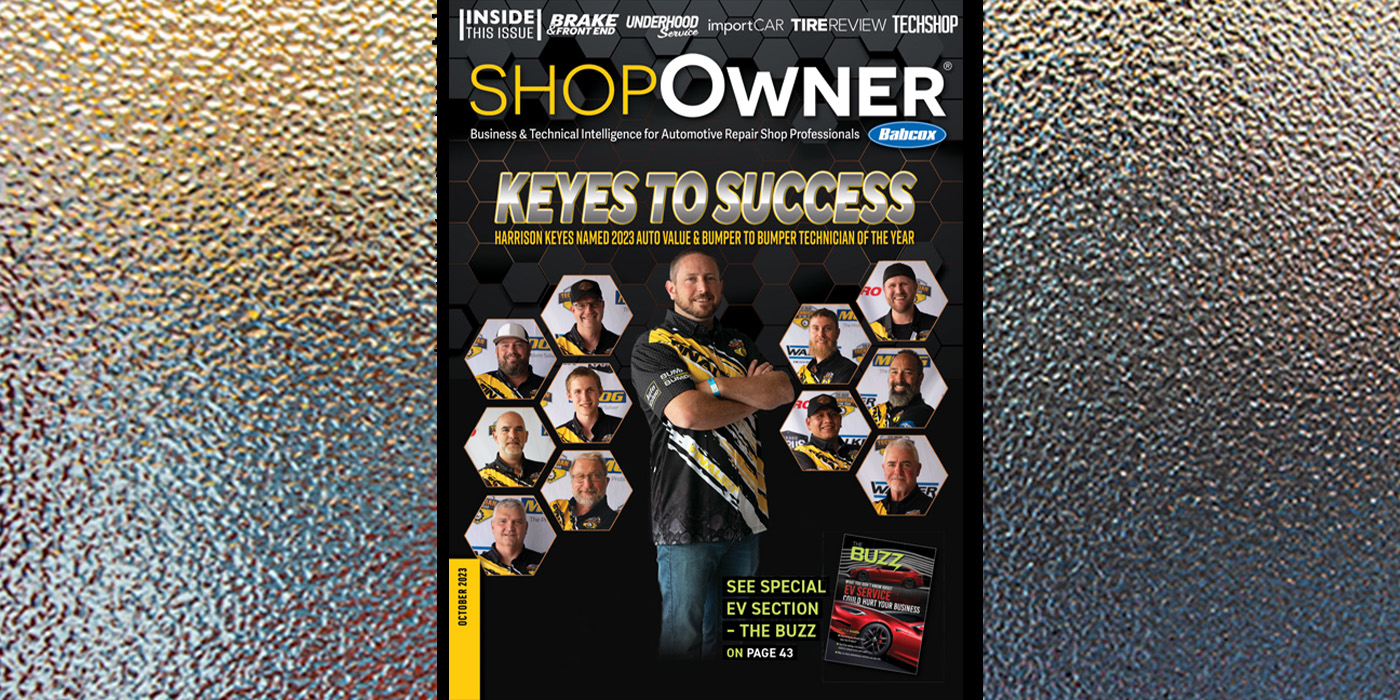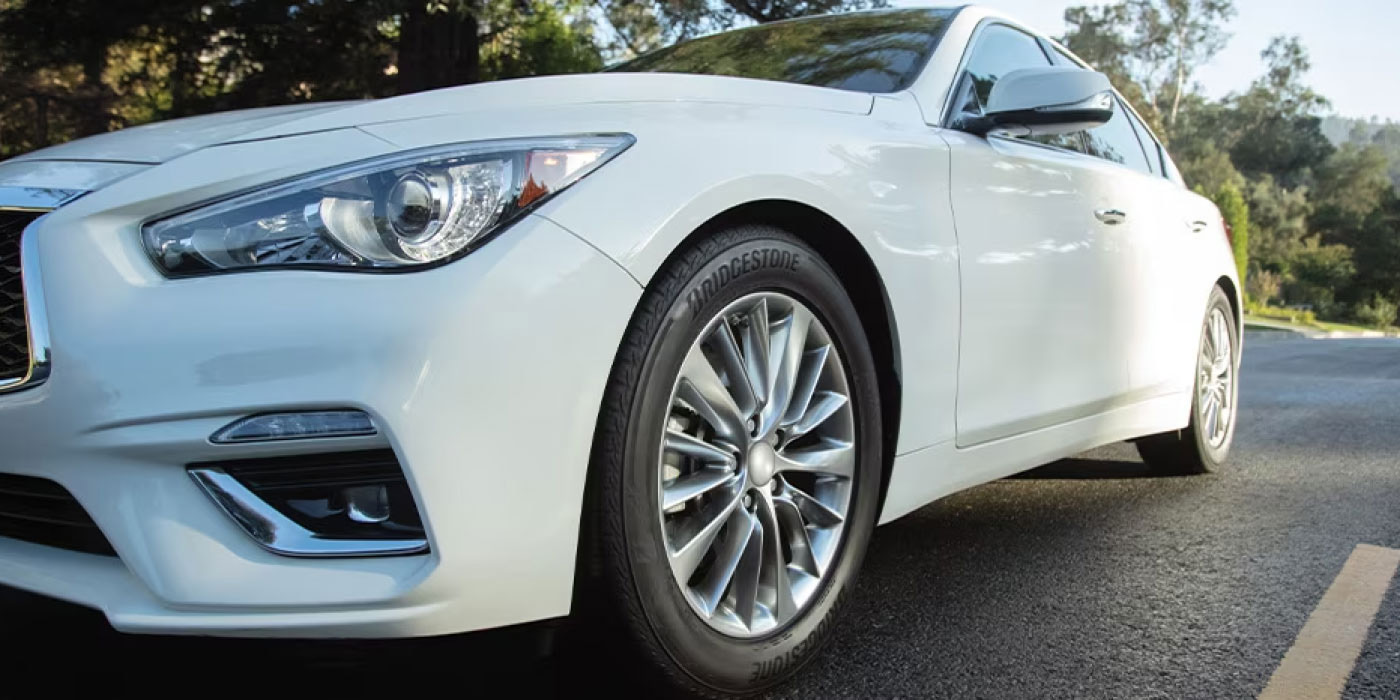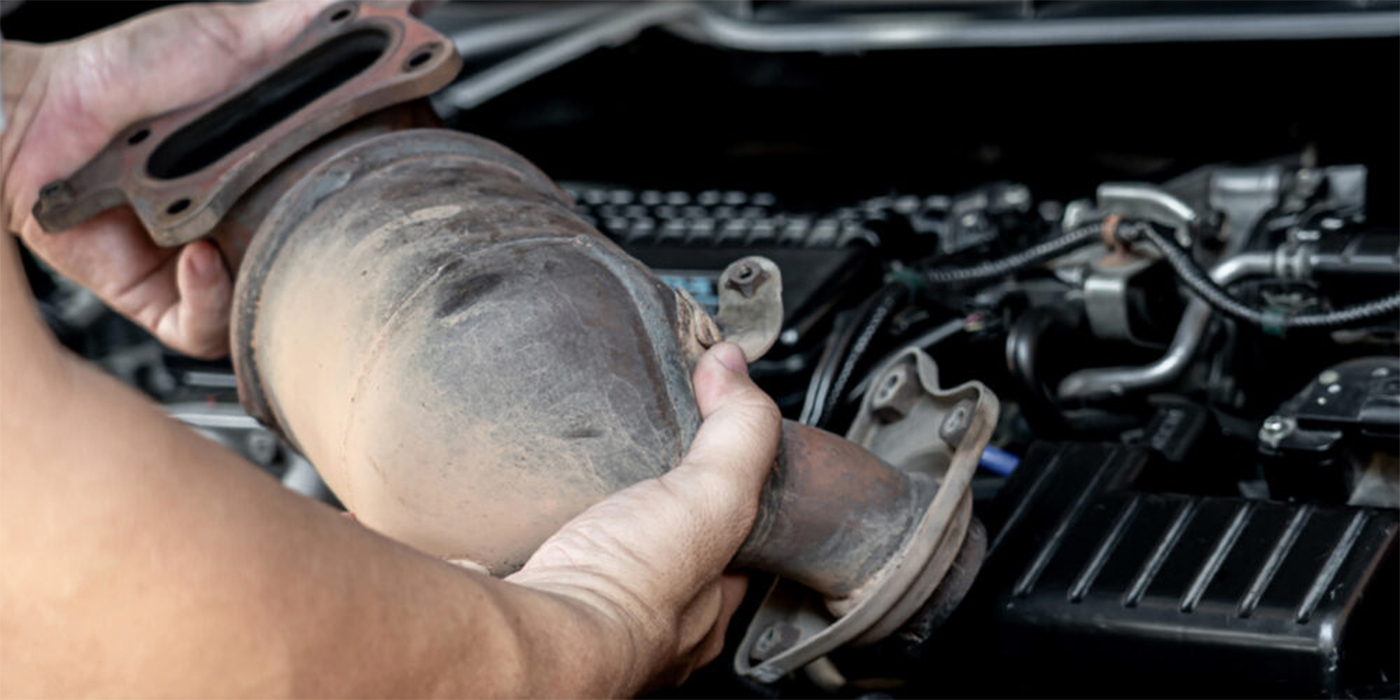By Gregs Sands
CEO, Mudlick Mail
In the September/October issue of Shop Owner, I provided a step-by-step guide to opening a new location. While I covered a lot of ground, there are always issues that can pop up during the expansion process. Anything from landscaping requirements to a permitting mishap can delay or, sometimes, squash your plans.
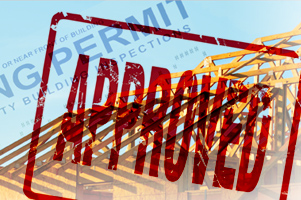
Of course, rules regarding building or renovating a retail shop can vary greatly from city to city, but I thought it might be helpful to discuss how to handle some of the most common barriers I encounter when opening a new shop.
Zoning is one potential hurdle you can’t afford to ignore. Consider this scenario: You spot the perfect property at the right price, but it’s not zoned to accommodate an automotive repair shop. The owner tells you to simply apply to the city to have the property rezoned. You hire an architect to draw up plans for the new shop, submit those plans to the city and find an attorney to represent your case. You spend months waiting for an answer and invest more than $25,000 to pursue rezoning, only to have your request rejected by city officials.
Sound far-fetched? Well, I’ve actually had that experience and was forced to walk away from a site after spending precious time and resources on the project. It was an expensive lesson, but it taught me to never consider a location unless the correct zoning is already in place.
No matter what a broker or property owner might tell you, the chances of getting a piece of land rezoned are slim to none. When it comes to auto repair, a “not in my backyard” just seems to prevail.
Instead of randomly searching for a site and hoping the right zoning is in place, contact a broker in advance and have that individual locate every piece of property that is zoned for auto repair in your target market. Once you’ve got some options, run your demographics to make sure the location has enough customers to support a shop.
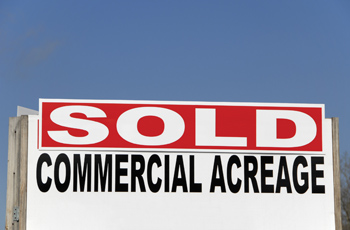
Competition is also a factor. If I visit a city that has a slew of properties zoned for auto service, that just means that in the future I’ll have seven or eight competitors surrounding me. The best situation is to choose a community where only a few sites are zoned for auto repair and select the site that has the best potential customer base.
Building Restrictions
Of course, zoning is only half the battle. After you’ve settled on a site and begun planning, you’ll likely face a bevy of building restrictions, dictating everything from which materials you can use, to how large your signage can be. If I am on the fence about a location, an overabundance of restrictions can kill the deal.
As a rule of thumb, the more upscale the area, the more difficult and, oftentimes, more expensive it is to build a shop. But, bear in mind that building in high-income enclaves is usually worth the cost because your shop will attract a higher caliber clientele.
To deal with the challenges, we have developed a “model” store that we know will get approved in most high-end communities. I also suggest using architecture firms and construction companies that have experience building auto service centers. Their expertise can help guide you through the regulation process and prevent unnecessary problems. I find that banks can often serve as a good source of referrals for real estate brokers, builders and other key professionals you’ll need to tap during an expansion phase.
If the idea of building a brand-new store seems daunting, renovating an existing shop might serve as an alternative. With a remodel, you can rest assured that your shop is already zoned correctly and was built to meet community regulations.
However, with a remodel, it’s often difficult to make a site “your own.” You may also need to work harder to distinguish your brand from the one that previously occupied the space. I almost always prefer to establish new stores, unless there are no other sites available and an acquisition or remodel is the only entry into a market.
A better option is to seek out a build-to-suit situation. I know buying land sounds like a good investment, but your focus should be on building your business, not on hoping the land underneath it will eventually produce revenue.
In a build-to-suit, the landowner develops a property to your specification and oversees the zoning, permitting and general construction process. In exchange, you agree to a long-term lease. The arrangement results in less risk for you, while still providing a property that’s true to your concept.
Just remember, expanding your brand often requires patience. But if you choose your new locations wisely, they should be worth the wait.
Greg Sands is the CEO and founder of Mudlick Mail in Acworth, GA. The company provides demographically targeted, direct mail programs for automotive service and repair shops nationally. Greg also owns and operates 25 repair shops across the country. Greg can be reached at [email protected] or 1-866-794-0167.


